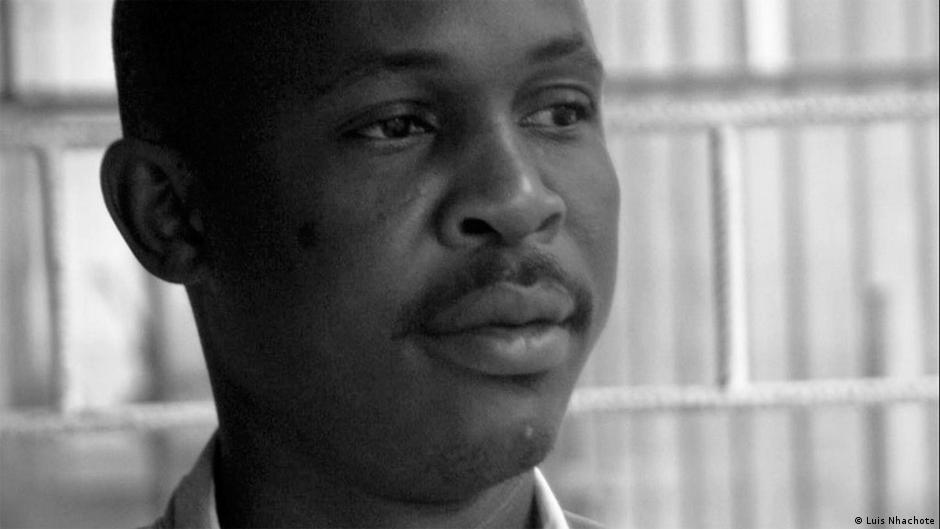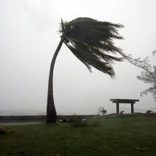Mozambique: Terrorists repelled from Chiúre district after attack - administrator
Mozambique: “No record of a cyberattack of this magnitude” – analyst

FILE PHOTO - For illustration purposes only. [File photo: Lusa]
- An investigator considers that “only time will reveal the full scale of the cyber-attacks” suffered recently by dozens of Mozambican institutions, while not ruling out a relationship with the insurgency in Cabo Delgado.
Earlier this week, hackers attacked a number of Mozambican government portals. The attack blocked or rendered inoperative the web pages of major government institutions.
A representative admitted there had been renewed attacks on official portals, adding that technical maintenance to strengthen the security of the main server was underway.
Among the targets were the portals of the National Institute for Disaster Management, the National Administration of Roads, the Regional Administration of Águas do Sul and the National Institute of Land Transport.
The National Institute of Electronic Government (INAGE) said that some of the government portals would remain temporarily inoperative while work to strengthen security was underway.
To assess the scale of the attacks, DW Africa spoke with the coordinator of the Mozambican Research Journalism Centre, Luís Nhachote.
DW Africa: Was this an attack of worrying dimensions?
Luís Nhachote (LN): There is no record in Mozambique of a cyberattack of this magnitude, in which even the website of the Ministry of National Defence fell into the hands of “hackers”.
DW Africa: There are reports on the hackers demanding an amount [of money] not to leak confidential data, including from the Ministry of Defence. Meanwhile, INAGE says that there is no reason for concern and that the priority is to restore the security of the webpages. How do you assess this?

LN: I think that the position of the communications sector is to reassure users. But when a Ministry of National Defence website is attacked, it’s worrying. There are two issues. There is the main issue, which is the attack on the website, which leaves the page inoperable. But there is also the question that goes a little further: What access did these hackers have to the back-up of the Ministry of Defence website? The great fear is that, for example, the personal data of thousands of Mozambicans could very easily have fallen into the hands of the hackers.
DW Africa: INAGE said there was no data loss…
LN: Let’s say about 30 websites were attacked in the same night, which means it was a major attack. There is much more that cannot be revealed, and I think that time will tell us what the real scale of the attack was.
DW Africa: Could these attacks be related to the situation in Cabo Delgado?
LN: It is established that these hackers were led by the “Yemen hackers” – from Yemen. And Yemen is known to be one of the main bases of the Islamic State. It may be hasty to establish a connection between the two, but it may also not be inconceivable to link these attacks to the situation in Cabo Delgado, because all the attacks carried out by the terrorists were broadcast through the channels of the Islamic State.
DW Africa: How do you assess the Mozambican government’s reaction to these attacks?
LN: It was a political reaction, mainly to reassure Mozambican users of government websites. But we are aware that the government has never given much priority to the issue of electronic security. I think that any beginner hacker would be capable of going in and taking down several of these [government] pages.
DW Africa: Do you think that, from now on, the government will be more attentive and there will be greater concern about this security issue?
LN: More than ever. Especially, after these attacks is the right time for the government to begin to value the issue of electronic security more highly. These websites are publicly accessible. Because it is possible to make a link to some presence of the Islamic State, the government has to take care of the websites and establish the sources and origins of these attacks. If it proves to be another Islamic State action, then concern should be doubled.
DW Africa: What are the consequences for ordinary people?
LN: Electronic services provided by the government began, especially during the pandemic, to make people’s lives easier, with people starting to pursue [acquisition of] various documents by scheduling appointments online. I think people have now returned to physically crowding into the premises [rendering these services], because of a lack of trust in the sites.
Source: Deutsche Welle












Leave a Reply
Be the First to Comment!
You must be logged in to post a comment.
You must be logged in to post a comment.